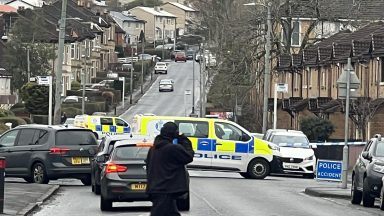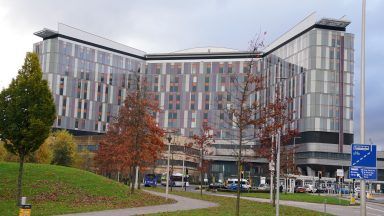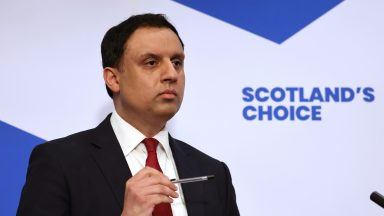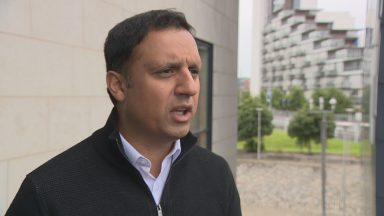There is always a gap between what statistics tell us about public services and the view of those services taken by those who provide and use them.
Today at First Minister’s Questions we had sustained and strong attacks from Douglas Ross and Anas Sarwar on the issues of policing and waiting times in the National Health Service.
Both opposition leaders were met with a blizzard of statistics no doubt quoted to give context but feeling like the ultimate civil service brief to prick the concerns of rank and file police officers and NHS staff that had been quoted widely by Ross and Sarwar.
Several times today Presiding Officer Alison Johnstone had to call for order as Conservative and Labour MSPs became increasingly exasperated by the FMs response to some pointed questions.
On policing, Ross quoted from a letter sent to the government by the Scottish Police Federation. He read from the letter reflecting the anger of officers around pay negotiations and cited the view of the Chief Constable of Police Scotland that policing was not a priority for the government.
Ross became animated and impatient by the responses to his questions, claiming Nicola Sturgeon simply did not get the issues and was not facing the ‘reality outwith your bubble in Bute House’.
In a statistical barrage the FM quoted the resource budget for the police, the numbers of officers per head compared to England and the lowest salaries paid to new officers – which are substantially lower in England.
Sturgeon added police numbers had increased in Scotland in comparison to cuts in England.
The statistics were meant to convey one thing and that is that the charge that policing is not a priority for the government was clearly false.
The contrast with the situation in England and Wales was an attempt to throw the record of the Conservatives in England in the face of the Scottish Tory Leader.
From a debating point of view it gave the FM a strong statistical foundation for her arguments.
The problem though with such an approach is that statistics ring hollow if those on the frontline of a service simply do not recognise the service that a politician describes.
There is no doubt there is raw anger among officers who are frustrated at the initial pay offer, and there is no doubt that anger is intensifying.
An argument with an over-reliance on stats I suspect will not play well, although the First Minister was candid in admitting that she understood the frustration given the cost-of-living crisis is acute.
Then it was on to health and waiting times for cancer patients. The focus of Sarwar’s question asked how many patients missed the 62-day standard for starting treatment.
The First Minister again had a lot of statistics to quote but not the one which directly answered his question. He answered it himself by saying 3,057 patients had not been treated within the 62-day standard.
He then claimed the Beatson Cancer Centre in Glasgow considered rationing treatment before asking how many people had waited more than six weeks for diagnostic tests.
Sturgeon replied that at the end of May 155,000 people were waiting for one particular diagnostic test, but argued that under her stewardship there had been a 95% increase in consultant oncologists and a 63% increase in radiologists.
NHS staffing she said was up 23% and A&E performance in Scotland performed better than England. Staff were better paid too.
The charge from Labour was that this is a crisis born of neglect and a trend in waiting times that started long before the pandemic began.
I suppose the issue is whether staff who feel the pressure on the frontline or patients frustrated by long waiting times are comforted by the statistics or whether they simply regard the deployment of such figures as an overly defensive approach by a politician who does not get the experience of those on the frontline.
The opposition MSPs did their job today. They held the FM to account and she in turn held to her line that all being considered, policing and the NHS was faring better in Scotland than elsewhere in the UK.
Tonight, MSPs leave Parliament for the summer recess. That will give them more time to spend in their constituencies where they will no doubt be made well aware of the concerns of ordinary voters whether they be police officers or health service workers or patients.
The business of government continues during recess. Nicola Sturgeon will be acutely aware that ongoing industrial relations issues rooted in the demands for higher pay will exercise her ministerial inbox.
Sometimes the most difficult issues are not to be found in parliament but in the country and the summer of discontent is bound to guarantee this recess will be a lot more turbulent than usual for the Scottish Government.
Follow STV News on WhatsApp
Scan the QR code on your mobile device for all the latest news from around the country


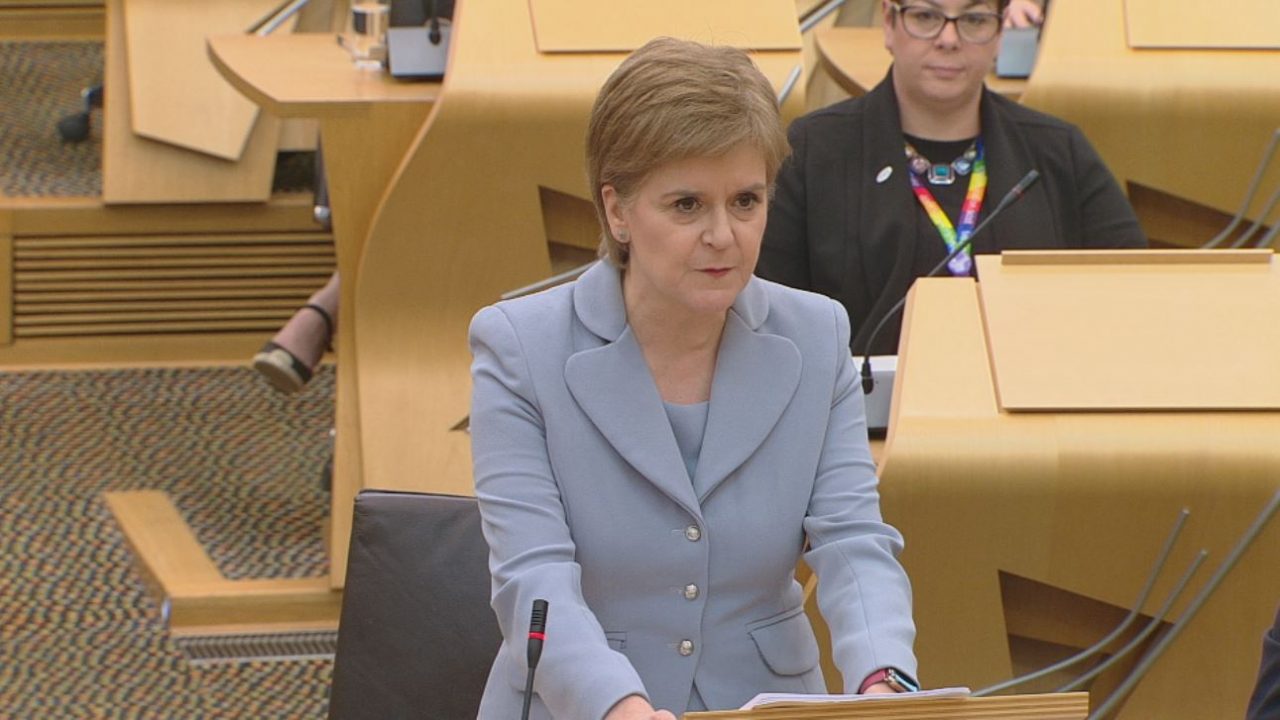 STV News
STV News





